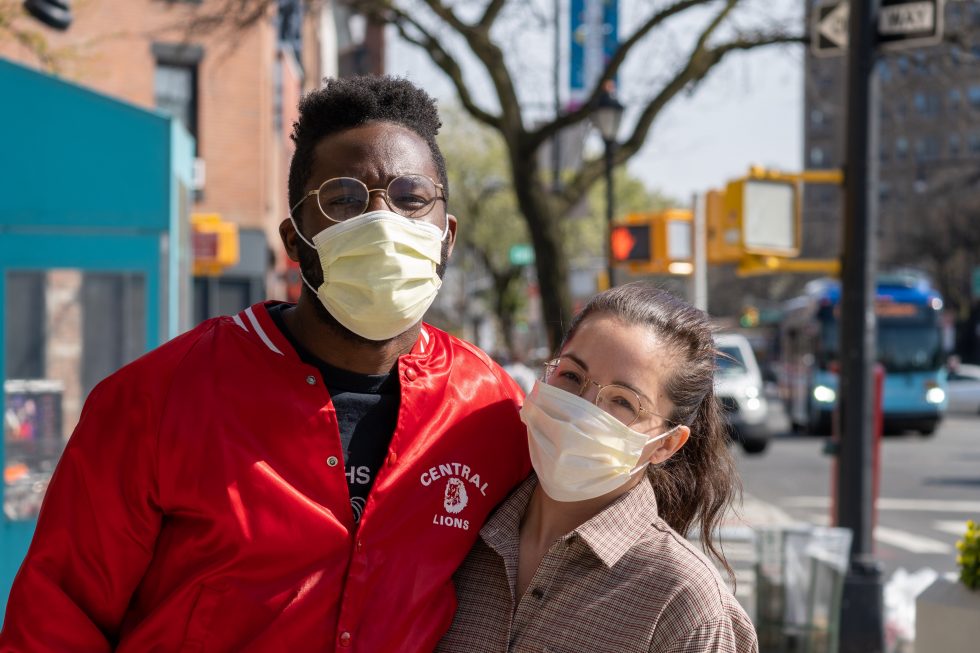Can we trace an emerging future?
Surely most of us have often been bewildered and disoriented in the past seven months. If someone had shown us a picture of life in Covid a year ago, we would never have believed it. Trying to make sense of the story so far, and where the plot line is heading, feels hard, but worth a try. So here’s my personal take on it.
• We won’t return to stability. In the past two years alone we’ve had crisis piled on top of crisis, climate, Brexit, Covid… I see this pattern continuing, so the overall insight is to keep raising your resilience, learn to live on shaky ground.
• Expect more shocks. These could include extreme weather events, food shortages, and more pandemics. (Click here for Jem Bendell’s blog on the likelihood of pandemics ahead). Few of us saw Covid coming, so it would be wise to expect more surprises, or ‘black swan’ events.
• Our society and economy are changing systemically. Even if Covid restrictions end in a few months, we can see changes which are unlikely to be reversed, for example:
Large increase in home working
Relocations out of cities: 1.6 million workers are forecast to leave London
Contraction in physical retail and office space
Ongoing drop in our air travel and overseas tourism
Major growth in online everything
• UK government will largely revert to BAU. This golden chance for positive changes, such as a Green New Deal, or Universal Basic Income, looks likely to be wasted. In the UK and most other countries, we see mostly old responses to the new problems.
• Brain mush and despondency are major dangers. We’re in a toxic mix of a confusing situation plus fake news, plus dodgy leaders, and a dizzying array of government limits on our autonomy. Imagine if the continues for another couple of years, as it easily could. Refer to upsides below.
There are plenty more gloomy insights I could list, but this is depressing enough. If you want to exercise your imagination, try believing that the current situation is perfect, designed for your benefit, and figure out where are the positives for you. Here are some of my views on the potential upsides for all of us.
* Do what you can in your local community. Ideally be active, physically, with others, giving and receiving. There are plenty of issues where local action can help, such as food security, social isolation, economic resilience.
* Hope that printing money helps us all. Across the world, governments have printed money to keep economies moderately afloat, and without a financial or banking crisis. This could be a massive upside longterm. If governments realise they don’t have to ‘balance the books’, they could sustain employment, fund sustainability, and more.
* Do what you can about food security. As explored in previous newsletters, I share the views of Jem Bendell and many others that we face a high risk of food shortages and major price rises in the next few years. The good news is that climate change in the UK should still enable us to grow much of our own food, if we change methods and crops. There’s plenty of scope here for individuals and communities, including urban ones. See more at www.futurescanning.org.
* Believe it will get better – eventually. My view on the underlying crisis, climate change, is that things sadly need to get a lot worse than they already are, until at last the right responses happen. It’s a view shared by others, such as Charles Eisenstein. Let’s pray that it doesn’t have to get a lot worse, but Charles thinks that positive, systemic change may not happen until 2040. Meanwhile, we can pray and grow our resilience.

